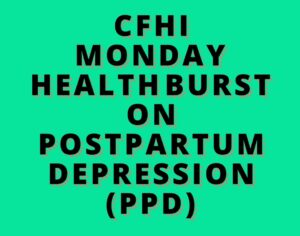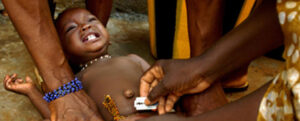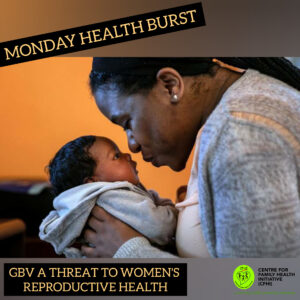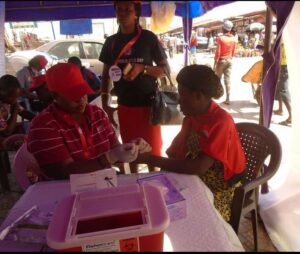SPEAK WEDNESDAY
EFFECTS OF DOMESTIC VIOLENCE ON CHILDREN

Domestic violence unlike other forms of violence is the most entrenched and pervasive form of violence in our society today. According to Center for Disease Control and Prevention, homes where violence between partners occur, there is a 45% to 60% chance of co-occurring child abuse, a rate 15 times higher than the average. This is to show that even when children are not physically attacked, they witness 68% to 80% of domestic assaults.
The effects of domestic violence can be devastating and long lasting especially on children. Witnessing abuse and living in an environment where someone else, usually a care giver is a victim of abuse, can be psychologically devastating for a child. Such children often believe that they are to blame, live in a constant state of fear, and are 15 times more likely to be victims of child abuse.
Wikipedia states that Children in homes where one parent is abused may feel fearful and anxious. They may always be on guard, wondering when the next violent event will happen which can cause them to react in different ways, depending on their age and this may include but not limited to delays in cognitive and emotional development, extreme withdrawal or aggressiveness, anxiety disorders, internalizing and externalizing behavior problems. These children are also at higher risk for health problems as adults, these can include mental health conditions, diabetes, obesity, heart disease, poor self-esteem, among others.
Children who are witnesses to domestic violence have a greater likelihood of repeating the cycle of violence as adults by entering abusive relationships or becoming abusers themselves. For example, a boy who sees his mother being abused is a lot more likely to abuse his female partner as an adult. A girl who grows up in a home where her father abuses her mother is according to research more than six times as likely to be sexually abused as to a girl who grows up in a non-abusive home.
How successful a child is at recovering from abuse or trauma depends on several factors. Children can be resilient or sensitive to issues of abuse. Having good support systems or good relationships with trusted adults and healthy friendships can aid in easy recovery. The sooner a child gets help, the better his or her chances for becoming a mentally and physically healthy adult.
Centre for Family Health Initiative (CFHI) through its psychosocial support programs has reached thousands of children who are vulnerable and exposed to any form of violence. Also, Speak Wednesday is an initiative of CFHI to address issues of gender-based violence and gender bias.
Join us every Wednesday on all our social media platforms for more episodes.

 ADHD is one of the most common neurodevelopmental disorders of childhood. It is usually first diagnosed in childhood and often lasts into adulthood. ADHD symptoms can appear as early as between the ages of 3 and 6 and can continue through adolescence and adulthood. Symptoms of ADHD can be mistaken for emotional or disciplinary problems or missed entirely in quiet, well-behaved children. Adults with undiagnosed ADHD may have a history of poor academic performance, problems at work, or difficult or failed relationships.
ADHD is one of the most common neurodevelopmental disorders of childhood. It is usually first diagnosed in childhood and often lasts into adulthood. ADHD symptoms can appear as early as between the ages of 3 and 6 and can continue through adolescence and adulthood. Symptoms of ADHD can be mistaken for emotional or disciplinary problems or missed entirely in quiet, well-behaved children. Adults with undiagnosed ADHD may have a history of poor academic performance, problems at work, or difficult or failed relationships.


 Did you ever think there is such a thing as “financial abuse”? When most people think of domestic abuse, the first thing that comes to mind is likely physical or verbal abuse, but research shows that financial abuse occurs just as frequently in unhealthy relationships as other forms of abuse.
Did you ever think there is such a thing as “financial abuse”? When most people think of domestic abuse, the first thing that comes to mind is likely physical or verbal abuse, but research shows that financial abuse occurs just as frequently in unhealthy relationships as other forms of abuse.
 “Have you ever heard of Female genital mutilation? The doctor asked me. This was after my over 20 hours of labor, an ordeal which left me depressed for over a month. It took me a while before I responded because it was the least question I ever would imagine answering at such moment.
“Have you ever heard of Female genital mutilation? The doctor asked me. This was after my over 20 hours of labor, an ordeal which left me depressed for over a month. It took me a while before I responded because it was the least question I ever would imagine answering at such moment.


